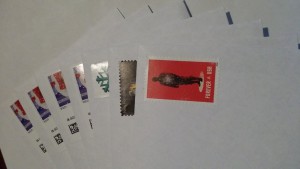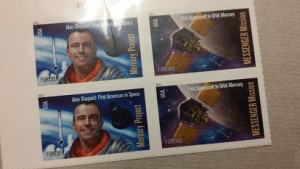Here are a few links from around these parts and around the web:
- After this weekend’s Women’s Marches, I’d hoped to see more concrete steps from the organizers that we could take to carry forward the momentum. Glad to see their 10 Actions, 100 Days campaign. I’m getting my postcards ready for later this week (along with more letters).
- And you’ve probably already seen a number of posts around FtB about the Go Fund Me page for the Carrier suit. Chip in if you can.
- Let’s end with a distraction. Series 15 of the BBC Radio 4 program The Infinite Monkey Cage is under way. Science! Comedy! Goodness!



